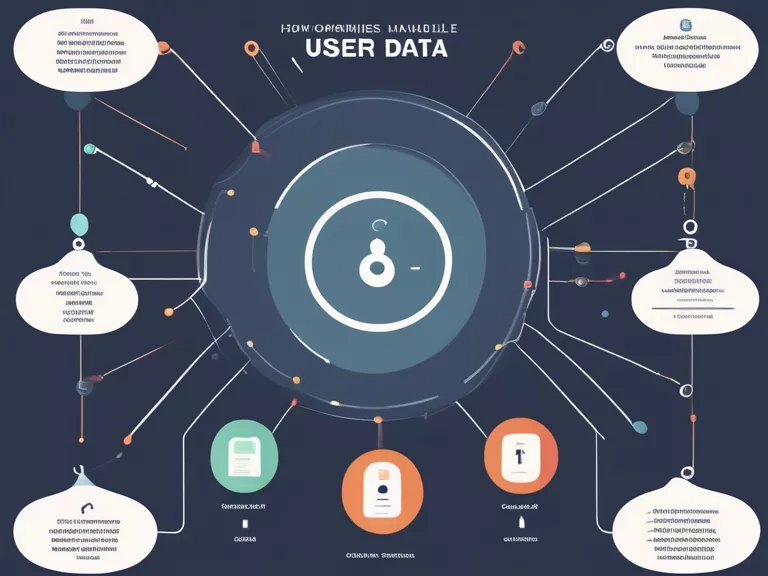
Introduction
Data privacy has become a critical concern in today's digital age, with the exponential growth of data collection and sharing. As individuals and organizations increasingly rely on digital platforms for various activities, the need to safeguard sensitive information has never been more important. Securing data privacy is not only essential for protecting personal and sensitive information but also for ensuring a secure future for individuals and businesses alike.
The Importance of Data Privacy
Protecting Personal Information
Data privacy is crucial for protecting personal information such as financial details, health records, and contact information. Unauthorized access to such data can lead to identity theft, financial fraud, and other forms of cybercrime. By ensuring strong data privacy measures, individuals can safeguard their personal information from falling into the wrong hands.
Building Trust
Maintaining high levels of data privacy helps build trust between individuals, businesses, and other entities. When customers know that their data is being handled securely and responsibly, they are more likely to engage with businesses and share their information. Trust is a valuable asset in today's digital economy and can significantly impact an organization's reputation and success.
Compliance with Regulations
Various data protection regulations such as the General Data Protection Regulation (GDPR) and the California Consumer Privacy Act (CCPA) mandate organizations to implement robust data privacy practices. Failure to comply with these regulations can result in hefty fines and legal consequences. By prioritizing data privacy, organizations can ensure compliance with relevant laws and regulations.
Strategies for Enhancing Data Privacy
Use Encryption
Encryption is a powerful tool for securing data and preventing unauthorized access. By encrypting sensitive information both at rest and in transit, organizations can protect data from being intercepted or compromised. Implementing strong encryption algorithms is essential for enhancing data privacy.
Implement Access Controls
Access controls help organizations manage and restrict access to sensitive data based on user roles and permissions. By implementing robust access control mechanisms, organizations can ensure that only authorized individuals have access to confidential information. This helps prevent data breaches and unauthorized disclosures.
Conduct Regular Security Audits
Regular security audits help organizations identify vulnerabilities and weaknesses in their data privacy practices. By conducting thorough assessments of their systems and processes, organizations can proactively address security gaps and enhance their overall data privacy posture. Security audits also help ensure compliance with data protection regulations.
Conclusion
Securing data privacy is essential for protecting personal information, building trust, and complying with regulations. By implementing robust data privacy measures such as encryption, access controls, and security audits, individuals and organizations can safeguard sensitive data and mitigate the risks of data breaches and cyber threats. Prioritizing data privacy is not only a responsible practice but also a strategic investment in securing futures in an increasingly digital world.
No domains found.



